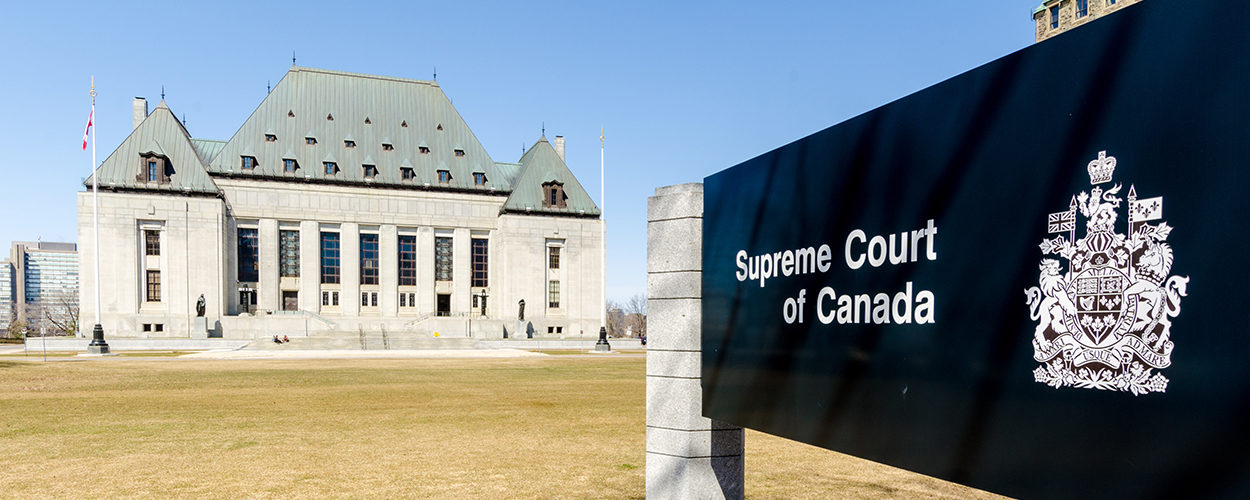This website uses cookies so that we can provide you with the best user experience possible. Cookie information is stored in your browser and performs functions such as recognising you when you return to our website and helping our team to understand which sections of the website you find most interesting and useful.
Business News Digital Legal
Canada’s Supreme Court declines to overturn the country’s first anti-piracy web-block
By Chris Cooke | Published on Wednesday 30 March 2022

Canada’s Supreme Court has declined to hear an appeal by internet service provider TekSavvy that sought to overturn the first copyright based web-blocking order to be issued in the country.
Web-blocking – where ISPs are ordered by the courts to block customers from accessing copyright infringing websites – has become an anti-piracy tactic of choice for the music industry in those countries where such blockades are available.
Although it’s usually music or movie companies that initially seek web-blocking orders against piracy sites in any one jurisdiction, in Canada it was actually some internet companies that led the charge.
Albeit internet companies that are also cable TV companies, and which therefore have a vested interest in stopping the unlicensed distribution of content online. That included Bell Media, Groupe TVA and Rogers Media.
Having failed to persuade the country’s tel-co regulator the CRTC to instigate some web-blocking, the internet and media companies went to court seeking a big old web-block against GoldTV, an unlicensed video service. And they were successful, with the Canadian Federal Court issuing the web-block injunction they requested in 2019.
However, rival ISP TekSavvy wasn’t impressed with that development and took the matter to Canada’s Federal Court Of Appeal. It argued that Canadian copyright law doesn’t specifically allow for web-blocking, that web-blocks don’t really work, and that this particular anti-piracy tactic raises concerns around free speech and net neutrality.
But last May the appeals court declined to over-turn the web-block. Responding to that decision, last August, TekSavvy asked Canada’s Supreme Court to intervene, raising all the same concerns about web-blocking that it had made in its original appeal. However, last week the Supreme Court declined to consider TekSavvy’s arguments, meaning the web-block stays in force.
In a recent blog post summarising the case, a law firm that represented Bell, TVA and Rogers – Smart & Biggar – stated: “This decision confirms once and for all that site-blocking orders are available in Canada, and is another major victory for Canadian copyright holders in the fight against online piracy”.





